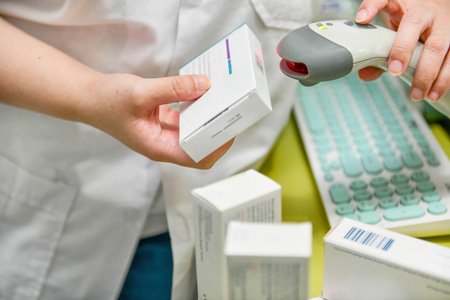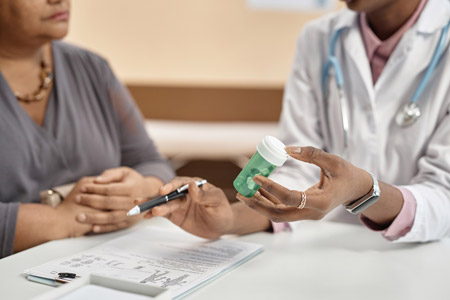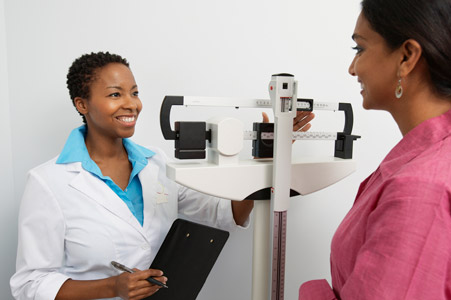


The Impact of GLP-1 Medications on Managing Blood Sugar Levels
Though the experience of diabetic patients continues to improve as science advances, managing blood sugar levels continues to be difficult for many.
In recent years, GLP-1 drugs have been brought to market to make this management much easier for patients with diabetes. These medications are game-changing: they mimic our body's own hormones to influence the amount of glucose that’s allowed into the bloodstream.
Let’s examine exactly what GLP-1 is, its effect on blood sugar, and what the broader applications of GLP-1 can be.
What is GLP-1?
GLP-1 isn’t a man-made hormone that your body is unfamiliar with, in fact, it’s something that your body makes naturally! Glucagon-like peptide-1, or GLP-1, is a hormone that’s made in the small intestine. This hormone plays a large role in how your body functions and in the regulation of blood sugar. GLP-1 does many important things, such as:
- Allows insulin to be released from your pancreas: Insulin is an important hormone that helps your body transform food into energy. Insulin is critical to control because it regulates the amount of glucose, or sugar, in your bloodstream. When insulin can’t be made in enough supply naturally, your blood sugar can rise to dangerous amounts — this is known as type 2 diabetes.
- Blocks glucagon secretion: When your body needs to raise your blood sugar levels, it uses glucagon. GLP-1 stops your body from allowing too much glucose in your bloodstream by release of insulin, which in turn suppresses glucagon.
- Slows how fast the stomach empties: GLP-1 affects how quickly your stomach releases food for digestion. When digestion is slowed down, this means that your body lets less glucose, or sugar, into your bloodstream.
- Makes you feel fuller: GLP-1 affects areas of your brain that process hunger and satiety, or fullness.
GLP-1’s Effect on Blood Sugar
As mentioned, GLP-1 controls insulin and glucagon levels in our bodies, which then lowers how much glucose is released into your bloodstream. The amount of glucose in your bloodstream at any given time is measured in blood sugar levels.
Diabetic patients measure their blood sugar by the use of traditional “finger prick” style glucose monitoring devices, or in more recent years, continuous glucose monitoring devices that are inserted into the skin and are worn around the clock for 24/7 monitoring.
Other Benefits of GLP-1 Medications
In addition to greatly assisting in the regulation of blood sugar levels in diabetic patients, GLP-1s have been FDA-approved for use in patients looking to maintain their weight and aid in weight loss. In addition, GLP-1 medications have shown positive results in other critical health indicators, and the FDA has approved its use to reduce the risk of serious heart problems, specifically in obese or overweight patients.
If you’re curious to know if a GLP-1 drug could help you manage your blood sugar levels, reach out to your physician to discuss how it could impact your unique health situation and get all the facts.
The information on this site is for informational purposes only and should not replace direct medical advice, diagnosis, or treatment from your doctor or another qualified healthcare provider.
Sources:



















.jpg)





















.jpg)

















.jpg)


























.jpg)
.jpg)
.jpg)













